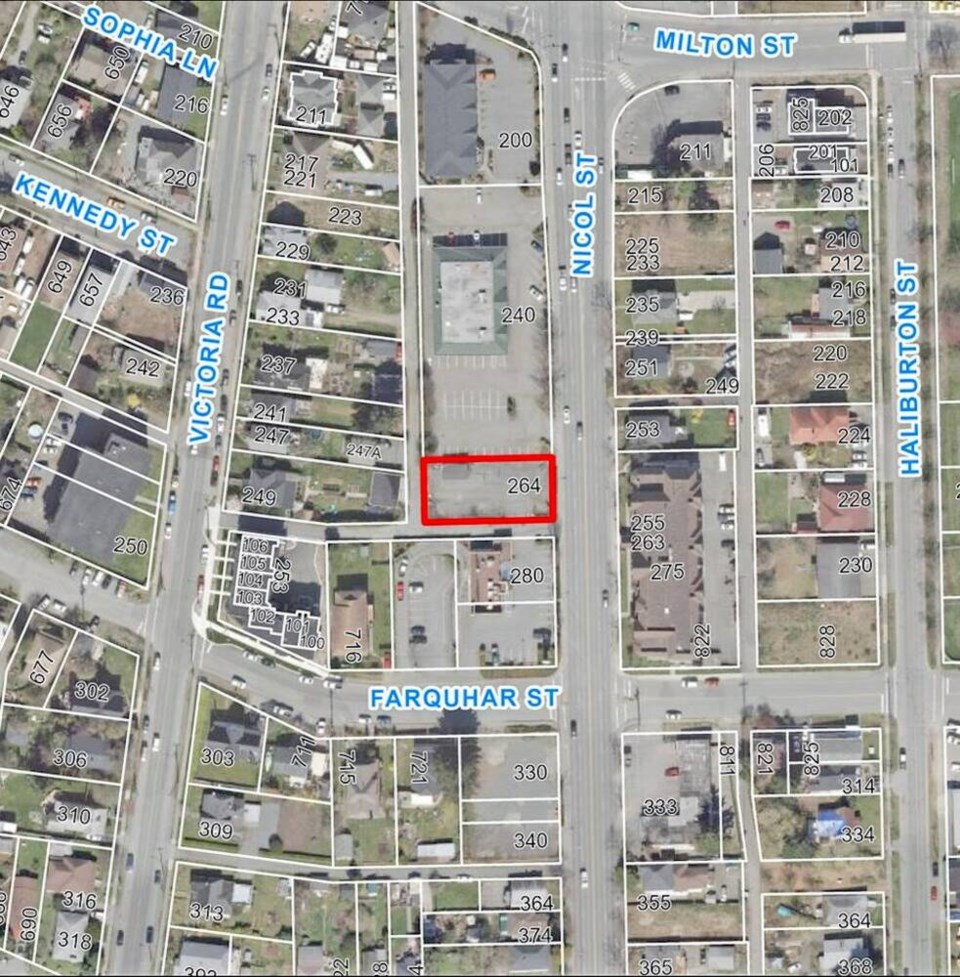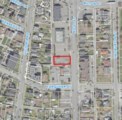A controversial peer-supervised consumption site for illicit drugs in Nanaimo is packing up and moving out of its Nicol Street site.
“We know that we have prevented many deaths this year in our community year and we are proud of the emergency services we provided this year as a network of volunteers,” the Nanaimo and Area Network of Drug User (NANDU) said in a statement Friday.
The group’s one-year lease expires at the end of this month. The group is not planning to immediately set up another overdose-prevention site, but will be looking for another location, NANDU volunteer Ann Livingston said in an interview.
She expects NANDU will likely operate out of an office in Nanaimo where it can run advocacy efforts and direct those in need to services.
Livingston is not ruling out setting up another overdose-prevention site if a request for proposals for that kind of facility is issued.
NANDU has run out of money, but Livingston hopes to receive additional funding in April. The consumption site was operated largely with $80,000 in provincial funding.
Neighbours have been calling for NANDU to be shut down, complaining of open drug use, harassment, noise and fights. Parents have said their children were frightened by activities at the site.
A new drug-inhalation facility opened in December at 250 Albert St. near city hall, operated by the Canadian Mental Health Association with funding from Island Health and the province.
Residents close to NANDU on 264 Nicol St. argued it was not necessary to have two consumption sites only about six blocks apart.
Complaints from residents previously prompted Nanaimo city hall to declare NANDU’s site a nuisance, meaning fines could be imposed whenever city services, such as bylaw and police officers, were called.
The group had rented the site for $2,000 a month, a rate it would be difficult to find for another property, Livingston said.
Deaths from illicit drugs in B.C. reached 2,272 last year, according to the B.C. Coroners Service, including a record 159 deaths on central Vancouver Island, up from 143 in 2021.
Livingston said NANDU has not offered supervised consumption for about a week, but when it was open, it dealt with about 200 people a day. “We just encourage people to go to the other place [now].”
Unlike the Nicol Street site, which was peer-supervised, the Albert Street facility is professionally run and in its own building. The operators are planning to add resources and services for drug users.
Nanaimo Mayor Leonard Krog said the fact that NANDU is moving out is good news for the neighbourhood. “The businesses nearby had suffered terribly,” he said. “The concentration of individuals who have significant issues inevitably leads to crime and fear sadly amongst the citizens.”
He said if NANDU tries to set up at another site, the city will be “back to square one,” although he believes it’s unlikely the province will fund the group again.
“Many people are not satisfied that [NANDU] could demonstrate a benefit and successes as opposed to damage being done to a local neighbourhood.”
Krog is hopeful the new facility on Albert Street will be able to get drug users care and treatment so they can live stable lives.
Collen Middleton of the Nanaimo Area Public Safety Association called NANDU’s closure a relief for the neighbourhood.
Although he has compassion for drug users who are suffering, “it was like a bomb went off” when the site opened, he said.
“The impact to the direct neighbours was severe and immediate,” Middleton said, calling it a “literal nightmare” for area residents.




